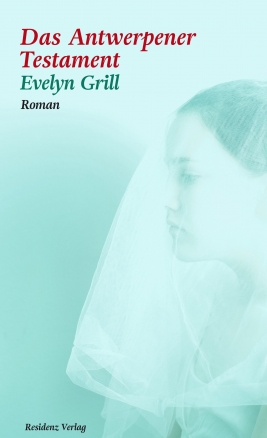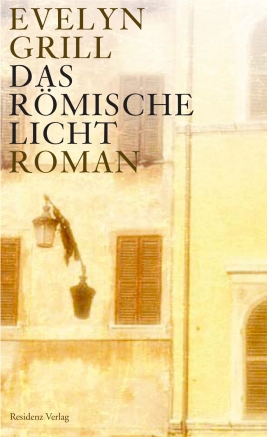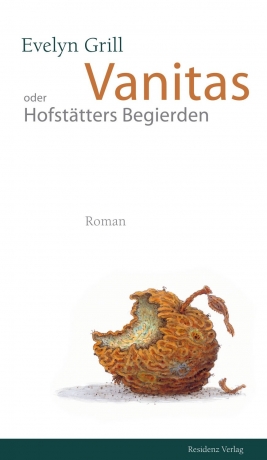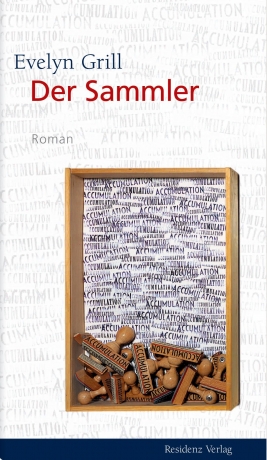
Evelyn Grill - The Bonedigger’s Son
Novel
Titus’ mother has disappeared under mysterious circumstances. Did she run away, was there an accident or was she murdered?
It’s been eight months since Titus’ mother disappeared without a trace. As a native Italian, she always remained a stranger in the village. His father had brought her with him from one of his expeditions. Rumors and suspicions quickly spread: Did she drown in the lake, did she run away with a lover, or was she the victim of a crime? Titus has been an outsider for years. He avoids people because of a burn scar in his face. The offer to live with and assist the new gravedigger seems like a good way to escape the confinement of his father’s home. As it turns out, the gravedigger is no stranger… Evelyn Grill takes her readers on a journey into a dark world full of secrets. Thrilling suspense from first to last page!
Book details
136 pagesformat:125 x 205
ISBN: 9783701716050
Release date: 26.02.2013
License rights
- World rights available














